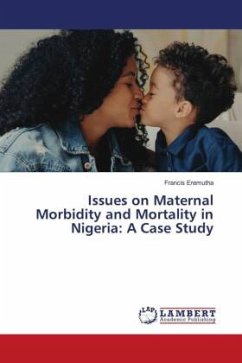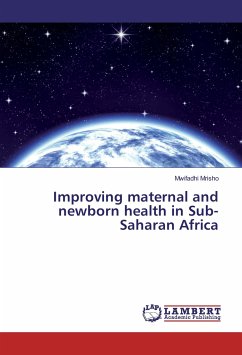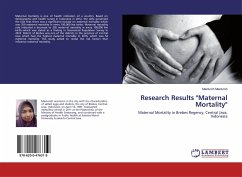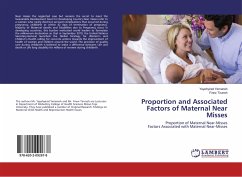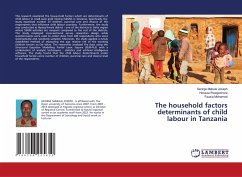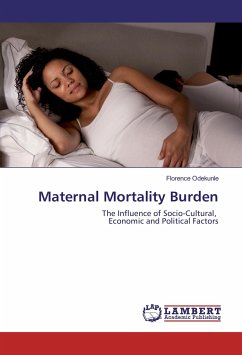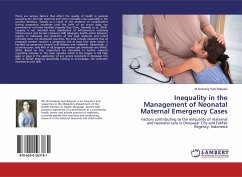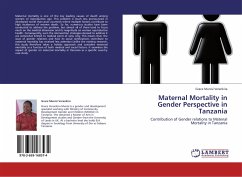
Maternal Mortality in Gender Perspective in Tanzania
Do bio-medical factors enough in explaining maternal mortality?
Versandkostenfrei!
Versandfertig in 6-10 Tagen
32,99 €
inkl. MwSt.

PAYBACK Punkte
16 °P sammeln!
Maternal mortality is one of the key leading causes of death among women of reproductive age. This problem is much less pronounced in developed world than poor countries where multiple factors contribute to high incidences of women death. So far, numerous studies have been conducted to address the problem, but almost all of them tend to focus much on the medical dimension and its magnitude on women reproductive health. Consequently, even the intervention strategies devised to address it are somewhat limited to medical point of view only. This means that, the issue of gender relations and how i...
Maternal mortality is one of the key leading causes of death among women of reproductive age. This problem is much less pronounced in developed world than poor countries where multiple factors contribute to high incidences of women death. So far, numerous studies have been conducted to address the problem, but almost all of them tend to focus much on the medical dimension and its magnitude on women reproductive health. Consequently, even the intervention strategies devised to address it are somewhat limited to medical point of view only. This means that, the issue of gender relations and how its social ramifications contribute to maternal mortality has received less attention.Unlike the existing research, this study therefore takes a holistic approach and considers maternal mortality as a function of both medical and social factors. It examines the impact of gender on maternal mortality in Tanzania as a specific country case study.



